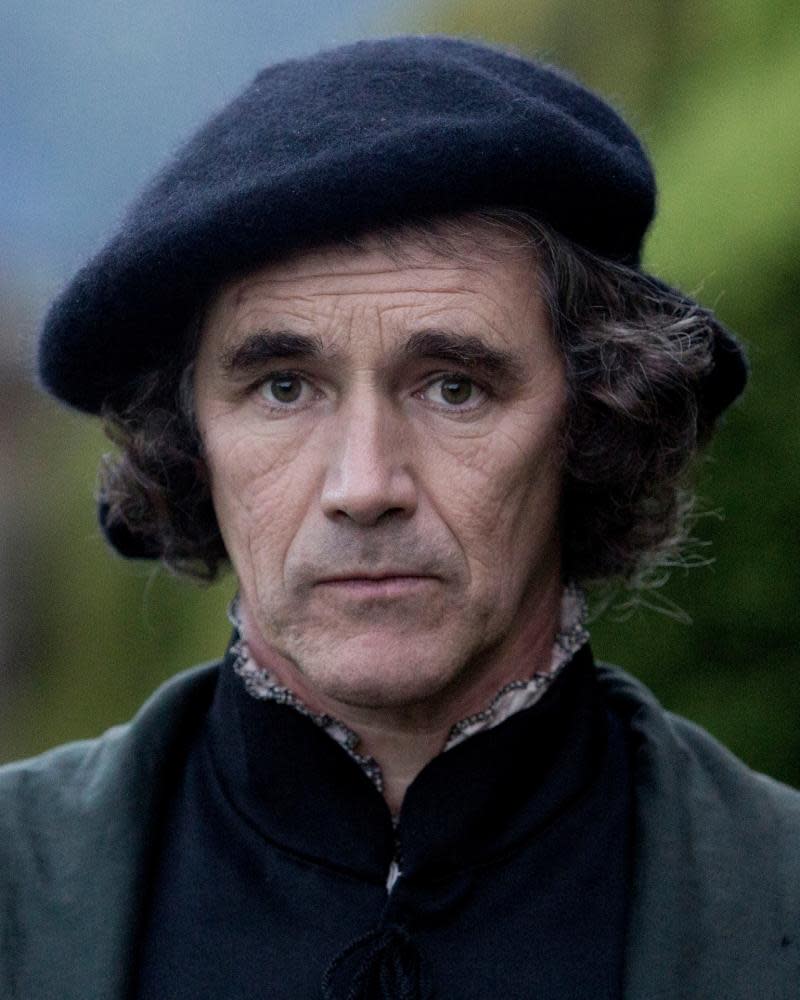Hilary Mantel: 'Thomas Cromwell would have locked us down for longer'

Thomas Cromwell, who lost family members to “sweating sickness” as the disease spread during his years in King Henry VIII’s court, would have enforced the UK lockdown for longer than the current government, according to Hilary Mantel.
Speaking at the Hay literary festival, which is entirely online this year due to the coronavirus pandemic, the Wolf Hall author said the Tudors “were very good at quarantine in those days. They took it very seriously. I think he would have locked us down for a bit longer”.

“We tend to think that their medicine and their comprehension of the science was all rubbish but actually they did know a lot,” she told Peter Florence, director of the festival. “They didn’t understand what is conceived through a microscope, they didn’t know of viruses or bacteria, they didn’t know the causes of disease. But they did know how disease worked and how infections spread among the poor, that one should be clean and avoid dirt at all costs. They knew that cities were a locus of infection and they knew to ban crowds – so no public ceremonies when the plague was suspected … So in many ways, what the Tudors did in these times, was very much like what we have been enjoined to do. They just had different names for things.”
In Wolf Hall, Mantel describes Cromwell, who would later become Henry VIII’s chief minister, isolating in his room as the disease passes through London: “The warm weather has brought sweating sickness to London, and the city is emptying … This plague came to us in the year 1485, with the armies that brought us the first Henry Tudor. Now every few years it fills the graveyards. It kills in a day. Merry at breakfast, they say: dead by noon.”
Cromwell’s wife, Elizabeth, was suspected to have been killed by the sweating sickness in 1529. His daughters Anna and Grace died not long after, with his son Gregory following in 1551 during the last major outbreak in England.
On Saturday, Mantel said she was finding the current circumstances interesting to observe. “It is hard to see any upsides to this but maybe it expands our imaginations a little, because many of us have lived such safe lives that we cease to understand how the natural world can undo us,” she said.
“That’s not true of course if you live in an area where you are exposed to flooding or the results of meteorological disasters; and it is not true for anyone who lives outside the little civilised oasis in western Europe and the United States. But many of us have lived safe lives and their lives in the past were so unstable, unsure and perilous compared to ours. So I think the present crisis gives us a little bit of fellow feeling with those suffering.”
She also shed some light on the process of adapting the final book in her Cromwell trilogy, The Mirror and the Light, which was a bestseller when it was published in March, just before bookshops across the world closed due to the coronavirus. Mantel said she was working on the stage play with the actor Ben Miles, who portrayed Cromwell in the two previous plays, Wolf Hall and Bring Up the Bodies, and also performed the audiobook versions.
“[Miles] knows these characters as closely as I do, so we thought we’d combine our forces and see if we could get these characters to walk and talk again. That is my present project. And one day, there will be theatre again,” she added.
The BBC is also adapting the novel for a television series, with Academy Award winner Mark Rylance likely to reprise his role as Cromwell.

 Yahoo Sports
Yahoo Sports 